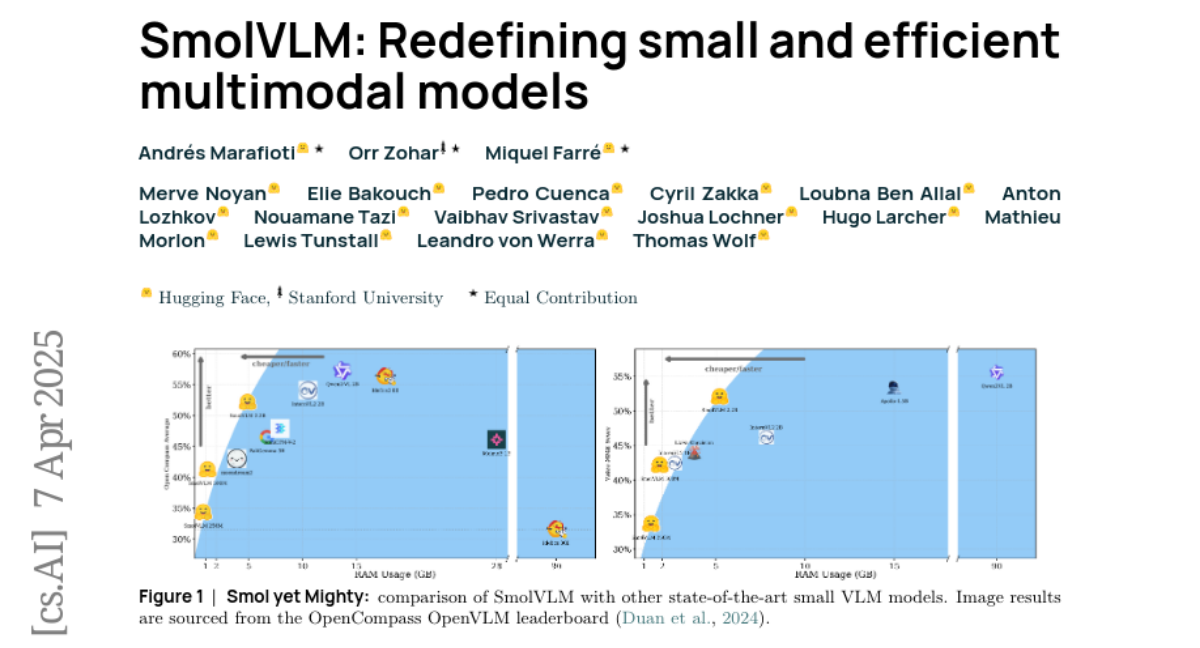Post
2457
Introducing OlympicCoder: a series of open reasoning models that can solve olympiad-level programming problems 🧑💻
- 7B open-r1/OlympicCoder-7B
- 32B open-r1/OlympicCoder-32B
We find that OlympicCoder models outperform Claude 3.7 Sonnet, as well as others over 100x larger 💪
Together with the models, we are releasing:
📊CodeForces-CoTs: new dataset of code problems from the most popular competitive coding platform, with R1 traces in C++ and Python open-r1/codeforces-cots
🏆 IOI'2024: a new benchmark of VERY hard programming problems where even frontier models struggle to match human performance open-r1/ioi
For links to the models and datasets, check out our latest progress report from Open R1: https://huggingface.co./blog/open-r1/update-3
- 7B open-r1/OlympicCoder-7B
- 32B open-r1/OlympicCoder-32B
We find that OlympicCoder models outperform Claude 3.7 Sonnet, as well as others over 100x larger 💪
Together with the models, we are releasing:
📊CodeForces-CoTs: new dataset of code problems from the most popular competitive coding platform, with R1 traces in C++ and Python open-r1/codeforces-cots
🏆 IOI'2024: a new benchmark of VERY hard programming problems where even frontier models struggle to match human performance open-r1/ioi
For links to the models and datasets, check out our latest progress report from Open R1: https://huggingface.co./blog/open-r1/update-3



